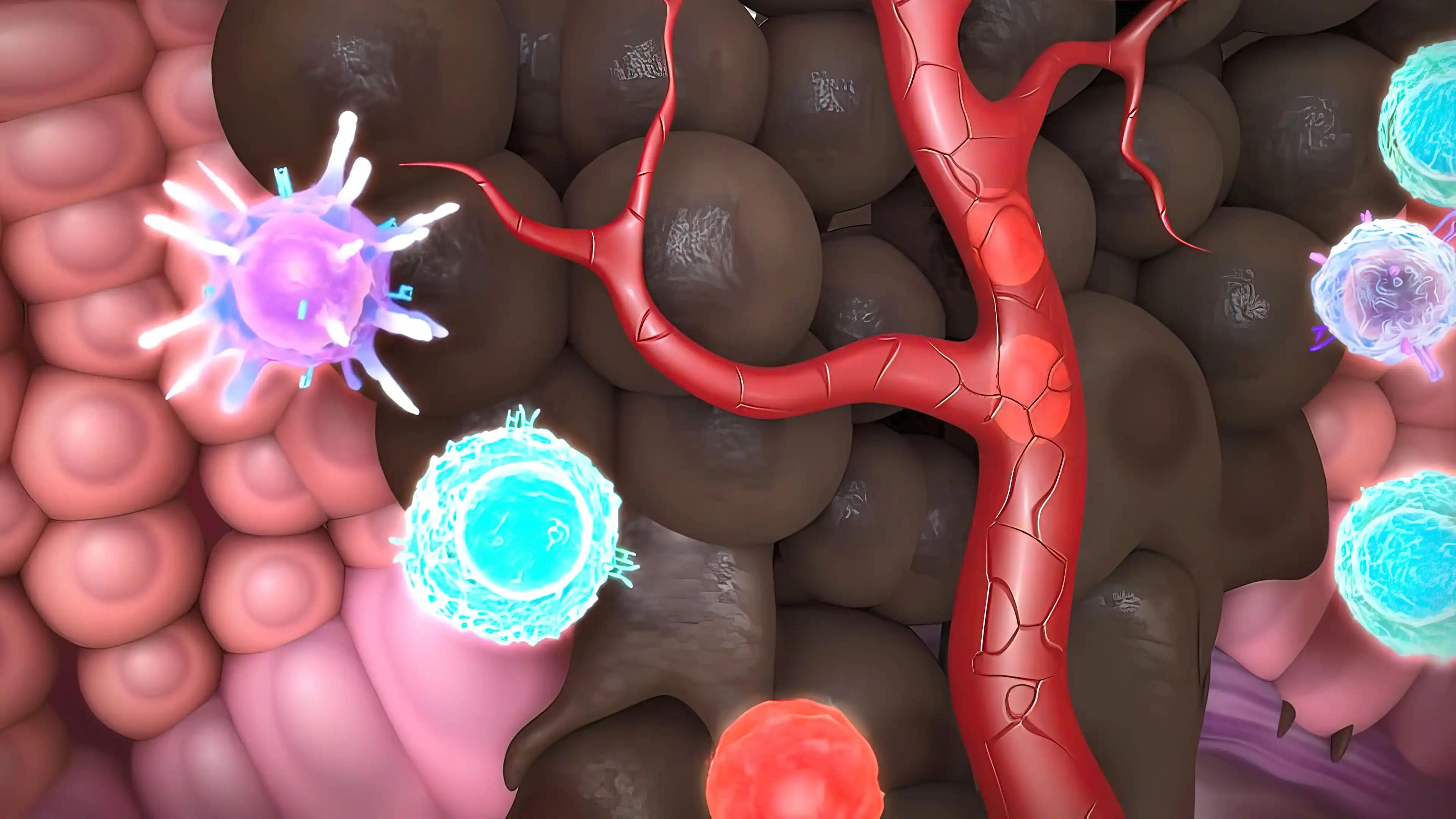KEY TAKEAWAYS
- Evaluating safety and efficacy of sotorasib, in phase 1-2 trials in previously treated patients with KRAS p.G12C-mutated pancreatic cancer.
- The efficacy endpoints assessed in the trial included objective, duration, time to accurate response, disease control (defined as an objective response or stable disease), PFS, and OS.
- The safety profile of sotorasib was acceptable, with treatment-related adverse events of any grade reported in 16 patients (42%); 6 patients (16%) had grade 3 adverse events. No treatment-related adverse events were fatal or led to treatment discontinuation.
- The trial findings suggest that sotorasib may have potential as a treatment option for previously treated patients with KRAS p.G12C-mutated advanced pancreatic cancer.
The KRAS p.G12C mutation causes nearly 1 or 2% of pancreatic tumors. As a KRAS G12C inhibitor, sotorasib has not yet been studied for its safety or effectiveness in previously treated patients with KRAS p.G12C-mutated pancreatic cancer. Patients with KRAS p.G12C-mutated pancreatic cancer who had previously been treated with at least one systemic therapy were evaluated in a single-group, phase 1-2 trial to determine the safety and efficacy of sotorasib treatment. The primary goal of the first phase was to determine the optimal dose for the second.
In phase 2, patients took 960 mg of sotorasib once daily by mouth. In the second stage, an objective response confirmed by the central office was the primary indicator of success (defined as a complete or partial response). Accurate response, duration of response, time to correct response, disease control (defined as an objective response or stable illness), progression-free survival, and overall survival were evaluated in the combined cohort from both phases. The risk factor was also assessed.
All 38 patients enrolled during Phases 1 and 2 had advanced cancer at the time of recruitment and had previously been treated with chemotherapy. Before starting this study, the average number of lines of therapy patients had was 2 (range, 0-8). In the trial, all 38 participants were given sotorasib. Eight patients showed an objective response verified centrally (21%; 95% CI, 10-37).
Overall median survival was 6.9 months (95% CI, 5.0 to 9.1), and progression-free survival was 4.0 months (95% CI, 2.8 to 5.6). Of the total number of patients, 16 (42%) reported experiencing some treatment-related adverse event, with 6 (16%) experiencing at least a grade 3 adverse event. There were no fatalities or treatment interruptions due to unwanted side effects. Patients with previously treated advanced pancreatic cancer and the KRAS p.G12C mutation experienced antitumor activity with sotorasib and had a tolerable safety profile.
Source: https://pubmed.ncbi.nlm.nih.gov/36546651/
Clinical trial: https://clinicaltrials.gov/ct2/show/NCT03600883
Strickler, J.H., Satake, H., George, T.J., Yaeger, R., Hollebecque, A., Garrido-Laguna, I., Schuler, M., Burns, T.F., Coveler, A.L., Falchook, G.S., Vincent, M., Sunakawa, Y., Dahan, L., Bajor, D., Rha, S.-Y., Lemech, C., Juric, D., Rehn, M., Ngarmchamnanrith, G., Jafarinasabian, P., Tran Q, Hong S.(2023). Sotorasib in KRAS p.G12C–Mutated Advanced Pancreatic Cancer. New England Journal of Medicine, 388(1), pp.33–43. doi:https://doi.org/10.1056/nejmoa2208470.



